May 24, 2025 | 16:23 GMT +7
May 24, 2025 | 16:23 GMT +7
Hotline: 0913.378.918
May 24, 2025 | 16:23 GMT +7
Hotline: 0913.378.918
Along National Road 106, heading towards the People’s Committee of Muong Bu Commune, when people mention Mr. Quang Van Phi, their faces light up with pride. At the age of 36, this down-to-earth man has accomplished what many thought was impossible - he has transformed the economic situation of Bung Dien village. This remarkable achievement is the result of the Son La Mac Phi banana cooperative model, where Mr. Phi has played both the role of the visionary founder and the key leader guiding the cooperative's success.
While the Son La Mac Phi cooperative was officially established in 2020, Phi's journey began much earlier, around 2013 - 2014, when he first recognized the economic potential of banana farming during a market survey and while exploring export opportunities to China. Seeing the stability and long-term value that bananas could offer, he decided to develop a banana cultivation area and gradually worked towards building a cooperative that could support sustainable production.
The cooperative started small, with just seven founding members - mostly relatives and villagers from Bung Dien. Despite facing numerous challenges, such as an unstable market, fluctuating prices and increasingly strict quality standards, it was the strong sense of unity and mutual support among the members that helped them overcome these difficulties and keep the cooperative going.
When the COVID-19 pandemic emerged, the Son La Mac Phi banana cooperative, like many other businesses, was significantly impacted. Banana production fell by more than 50%, export channels were interrupted and many local farmers lost their drive to continue cultivating. Despite these challenges, Mr. Phi and the cooperative’s members were determined to keep the operation going. They shifted their focus to the domestic market, ensuring a steady demand for their bananas and maintaining important connections with the local farming community.
By 2023, as China reopened its borders and demand for bananas surged, the cooperative faced the challenge of scaling up both production and quality to meet market needs. Operating on more than 10 hectares of land, cooperative members quickly adopted advanced banana cultivation techniques, regularly conducting inspections and surveys to monitor progress. They also worked to expand their cultivation areas by linking up with additional farms. On average, the cooperative was able to harvest about 300 tons of bananas each month, with that number increasing to 700 tons during the peak harvest season.
To maintain momentum and ensure long-term success, the cooperative organized regular meetings to review performance, exchange lessons learned and set new goals. These meetings were not only an opportunity for farmers to stay updated on the latest farming techniques but also a platform to discuss market trends and business strategies. Mr. Phi frequently encourages members, recognizes and rewards those who introduced innovative ideas or achieved high yields, thus motivating the cooperative members to stay focused and continue their efforts in banana farming.
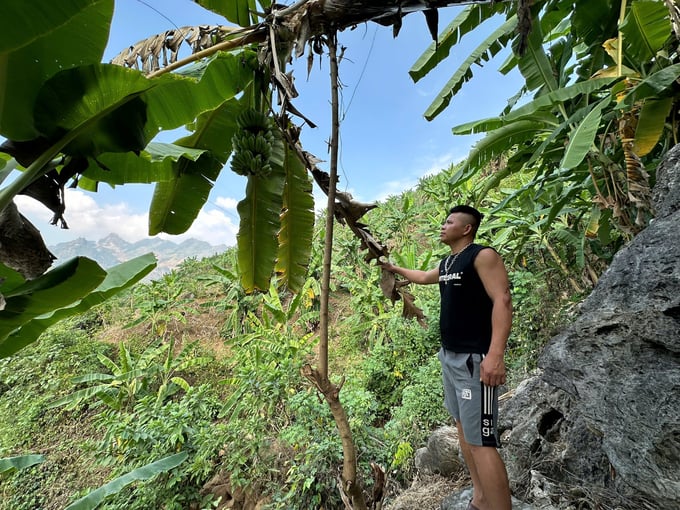
Mr. Quang Van Phi is always deeply concerned about the development of banana varieties in the commune. Photo: Duc Binh.
The members of the cooperative are guaranteed a purchase price that is approximately 2.000 VND higher per kilogram (approximately 0.1 USD). On average, each hectare of bananas yields between 700 kilograms to 1 ton per harvest, with export prices to China ranging from 0.25 - 0.3 USD/kg. If exported to South Korea or Japan, the price can rise to as much as 0.4 USD/kg.
After deducting expenses, each cooperative member earns a profit of 8.500 - 12.800 USD/year., while linked households also achieve an income of 3.000 - 4.300 USD annually.
To further expand the market, Mr. Phi has initiated the registration of a 10-hectare banana plantation area under the VietGAP standards, focusing on clean, organic banana production. The favorable natural conditions in Muong La district, with its light, well-draining soil and warm temperatures, create an ideal environment for the bananas to thrive.
Looking ahead, Mr. Phi plans to invest in the construction of a processing facility worth 29.800 USD to produce OCOP-certified banana products, such as dried bananas and packaged bananas. This processing plant will not only help maximize the utilization of local raw materials and add more value to local products, but it will also generate additional employment opportunities for the cooperative members and the local community.
The cooperative plans to expand by an additional 4 hectares in Ta Bu commune, with a particular focus on cultivating clean banana varieties that meet export standards. Mr, Quang Van Phi is optimistic that the Japanese market will be the next significant destination for their bananas, where they anticipate a substantial increase in product value.
Mr. Ca Van Don, the Chairman of the People’s Committee of Muong Bu Commune, has expressed high regard for the contributions made by the Son La Mac Phi banana cooperative in improving the economic conditions of local farmers. With more than 800 hectares of banana cultivation in the region, the cooperative’s model has played a crucial role not only in stabilizing the supply chain and ensuring reliable markets for local farmers, but also in fostering the growth of sustainable agricultural practices in the area.
Under the guidance and leadership of Mr. Quang Van Phi, the Son La Mac Phi banana cooperative has set a remarkable example of innovation and progress in agricultural production. It has successfully established the high quality of Muong La bananas, gradually gaining recognition not only among domestic consumers but also in international markets.
Translated by Phuong Linh
/2025/05/22/5250-1-184853_288.jpg)
(VAN) According to a representative from the Central Retail Vietnam, Vietnamese products such as seafood, sweet potatoes, dragon fruit, coffee, and spices hold great potential in the Thai market.
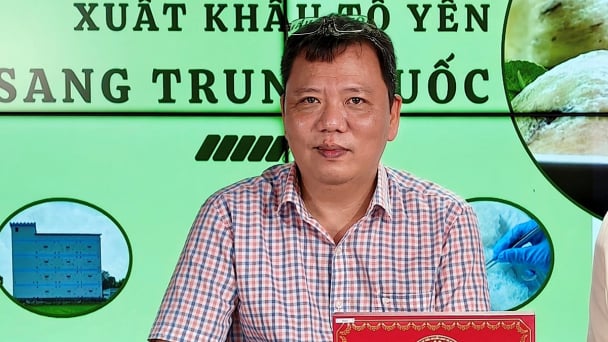
(VAN) A multi-channel, multi-directional strategy only works when the agricultural value chain meets global transparency and SPS standards.
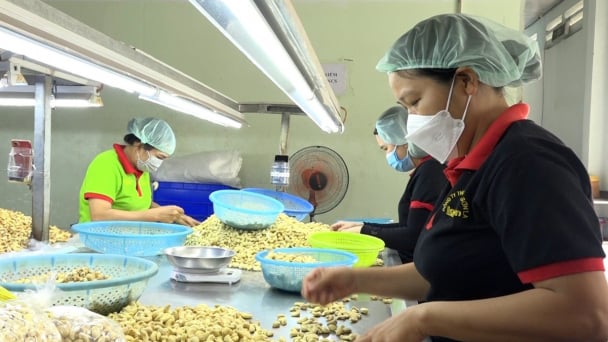
(VAN) Market expansion is a matter of survival for Vietnamese businesses amid fierce competition and global supply chain fluctuations.
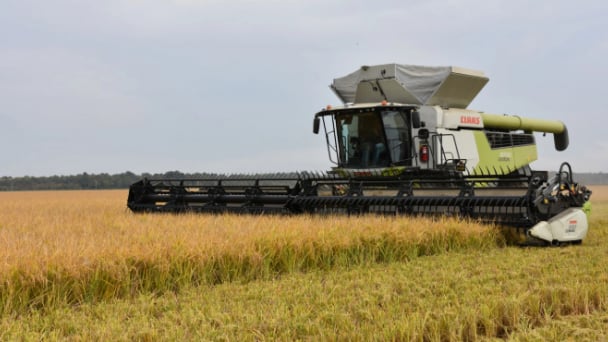
(VAN) Global market prospects for U.S. long-grain rice for the upcoming marketing year.
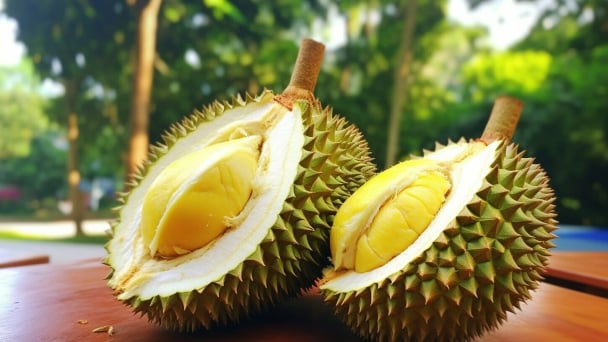
(VAN) China’s General Administration of Customs started permitting fresh durian shipments from Cambodia after a phytosanitary protocol was signed with the Cambodian Ministry of Agriculture in late April.
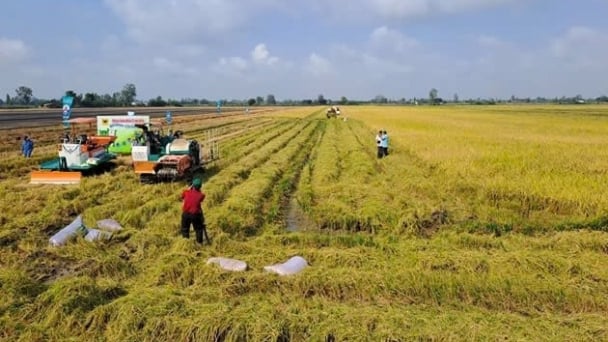
(VAN) To operate carbon market, one of the key issues is determining which types of 'commodities' meet the standards to be traded on the market.
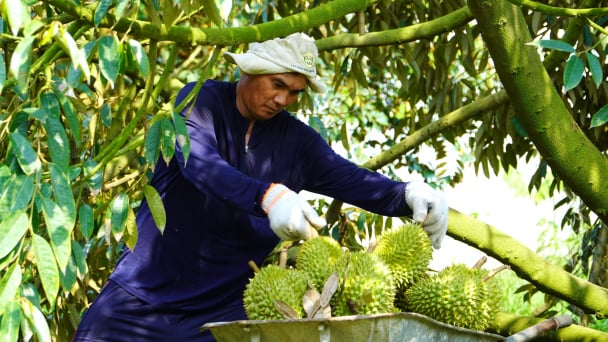
(VAN) Durian-producing localities need to coordinate more effectively with central authorities to improve the traceability, monitoring, and response systems in case of violations.